Exoplanetary Atmospheres and Habitability: Thermodynamics, Disequilibrium and Evolution
When: October 12, 2015 12:30AM PDT
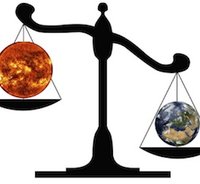
Please click here for the conference agenda.
The aim of the workshop is to discuss about chemical disequilibrium and its link to planetary habitability. In particular, the Thermodynamics, Disequilibrium and Evolution focus group seeks to understand how disequilibria are generated in geological / chemical / biological systems, and how these disequilibria can lead to emergent phenomena, such as self-organization and eventually, metabolism.
The prospects for planetary atmosphere characterization are excellent with access to large an amount of data for different kind of stars either with ground- or space-based telescopes supported by accurate modeling of the atmospheric compositions and their corresponding spectra. In particular for many discovered exoplanets (hot and gaseous), a large chemical disequilibrium in the atmosphere has been observed, due to the high vertical temperature gradient. Several new studies are now comparing this of vertical-mixing driven disequilibrium with the chemical disequilibrium characterizing the atmosphere of planet Earth, which is mainly due to the presence of life. However, present research on exoplanet’s atmospheric disequilibrium is focused on a very small number of compounds (CH4, CO, CO2, H2O), lacking for a generalized and wider methodology. In this workshop we plan to enlarge these studies to a joint effort between the thermodynamics of habitable conditions to the exoplanetary atmospheres.
The workshop at the Observatory of Côte d’Azur (OCA) is the main opportunity in Europe in 2015 to discuss about the connection between planetary habitability and its atmospheric disequilibrium, through the use of some thermodynamic functions. OCA has a long tradition in the field of theoretical planetology. The reasearch are focused on the detection and study of extra-solar planets, protoplanetary disks, and on the formation and evolution of planetary systems. This will ensure an excellent context for local exchanges.
Three principal topics will be tackled during the workshop:
1. Icy moons, icy planets and the conditions for the emergence of life.
2. The modeling and observations of exoplanetary atmospheres: chemistry and physics.
3. The chemical disequilibrium in planetary atmospheres: from hot Jupiters to habitable planets.
The Thermodynamic, Disequilibrium and Evolution (TDE) Focus Group is a NASA Astrobiology Institute (NAI) sponsored project aimed to make researchers meet and discuss on the thermodynamic requirements of life emergence and planetary habitability. In particular, since its set up in 2011, the TDE helped in bridging the gap between researchers working on the theory and experimental aspects of the Origin of Life and astronomers. It provided a thermodynamic discussion board for planning future space missions and deciding on future targets for the search for habitability. The TDE concentrates on the entropy and energy requirements for life and planets and how they inform our selection of potentially habitable planets and environments in the cosmos.
The TDE page on the NAI website.
The TDE Focus Group meets twice per year. Since its establishment in 2011, there have been six workshops: Madrid (Spain), Florence (Italy), Atlanta (USA), Granada (Spain), Phoenix (USA), Florence again, Campinas (Brazil) and Tokyo (Japan).
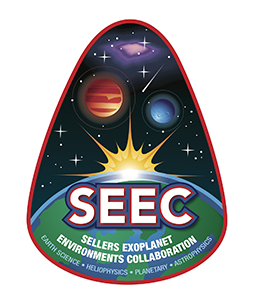 Environments of Terrestrial Planets Under the Young Sun: Seeds of Biomolecules
Environments of Terrestrial Planets Under the Young Sun: Seeds of Biomolecules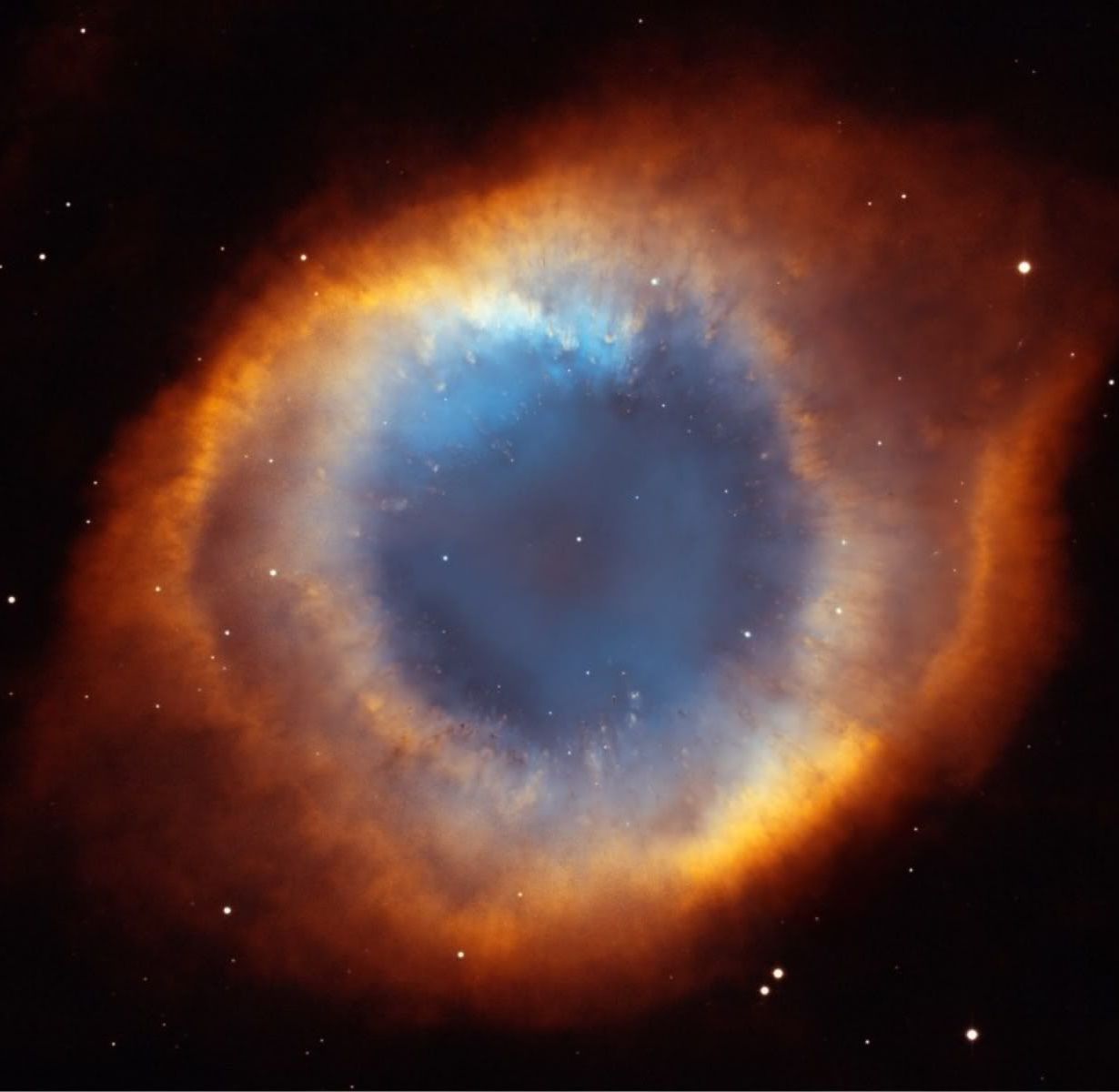 2018 Georgia Tech Astrobiology Colloquium
2018 Georgia Tech Astrobiology Colloquium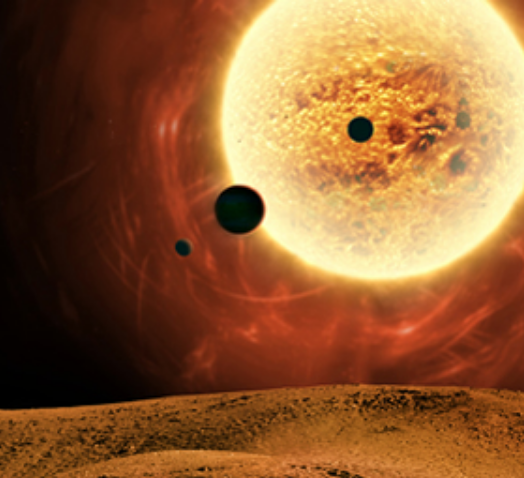 Habitable Worlds 2017
Habitable Worlds 2017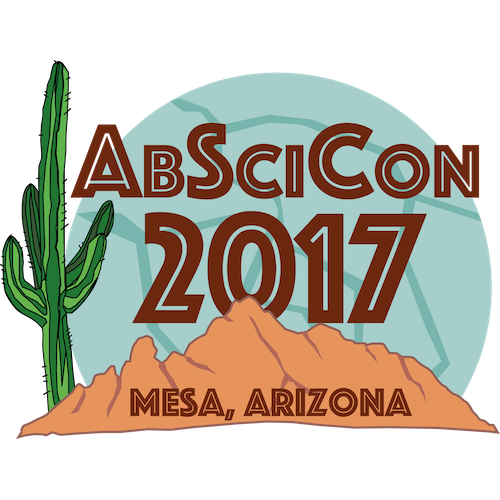 AbSciCon 2017
AbSciCon 2017